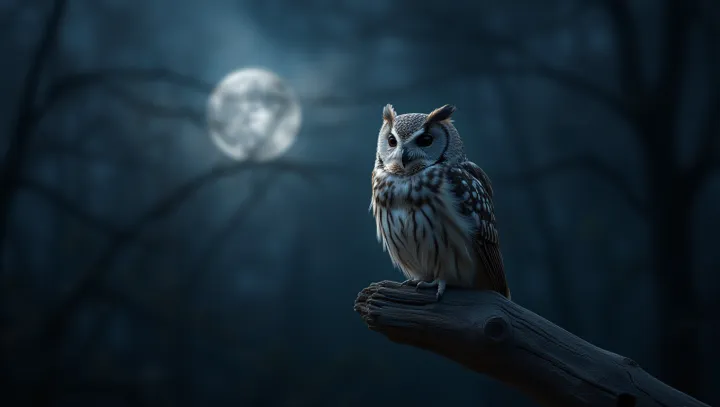Owls: Nature's Rodent Controllers

Owls, majestic avian predators, are vital participants in ecosystems around the globe. Predominantly, they subsist on a diet of rodents, playing an indispensable role in controlling these populations. This dietary preference has profound impacts on the habitats they populate, from the grasslands of North America to the dense forests of Europe.
Rodents, known for their rapid reproduction, can wreak havoc on agricultural lands and urban areas if left unchecked. Owls, with their silent flight and acute senses, are nature’s solution to this potential problem. By curbing rodent numbers, owls indirectly support biodiversity and the health of agricultural economies.
Dr. James Avery, a leading ornithologist, emphasizes, 'Owls are nature’s controllers of the rodent population. Their presence is critical in pest management, reducing the need for chemical interventions that could disrupt other facets of the ecosystem.' His insights highlight the intricate balance within natural environments that owls help maintain.
The conservation of owl species is therefore not only about preserving avian diversity but also about maintaining ecological stability. Recent studies point to habitat destruction as a primary threat to owl populations, urging global conservation efforts aligned with sustaining their natural prey environments.
